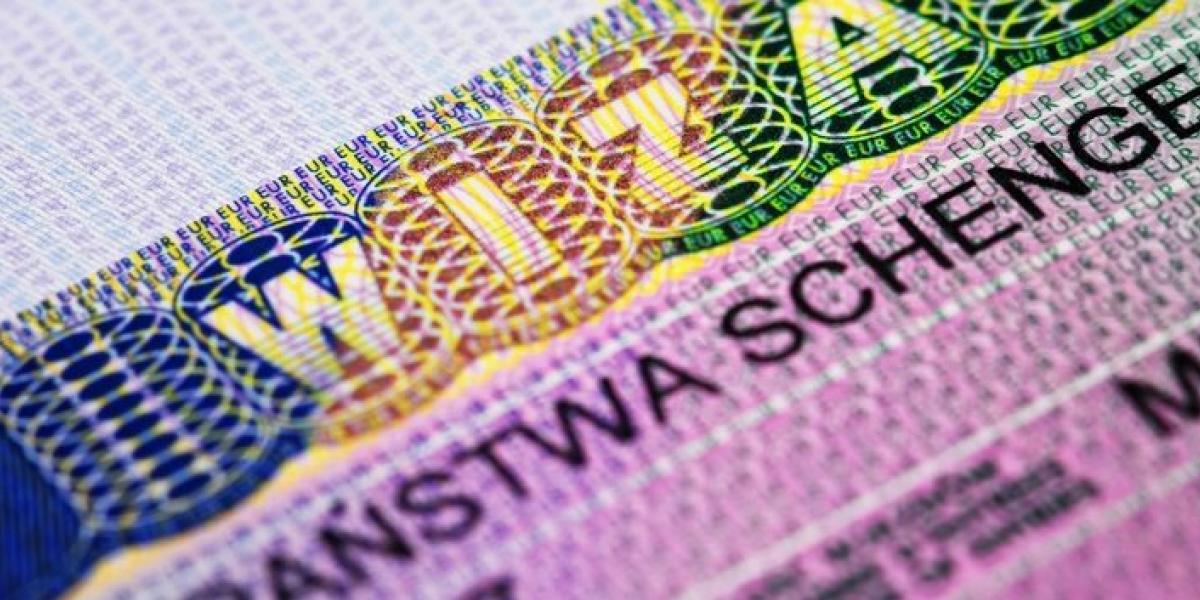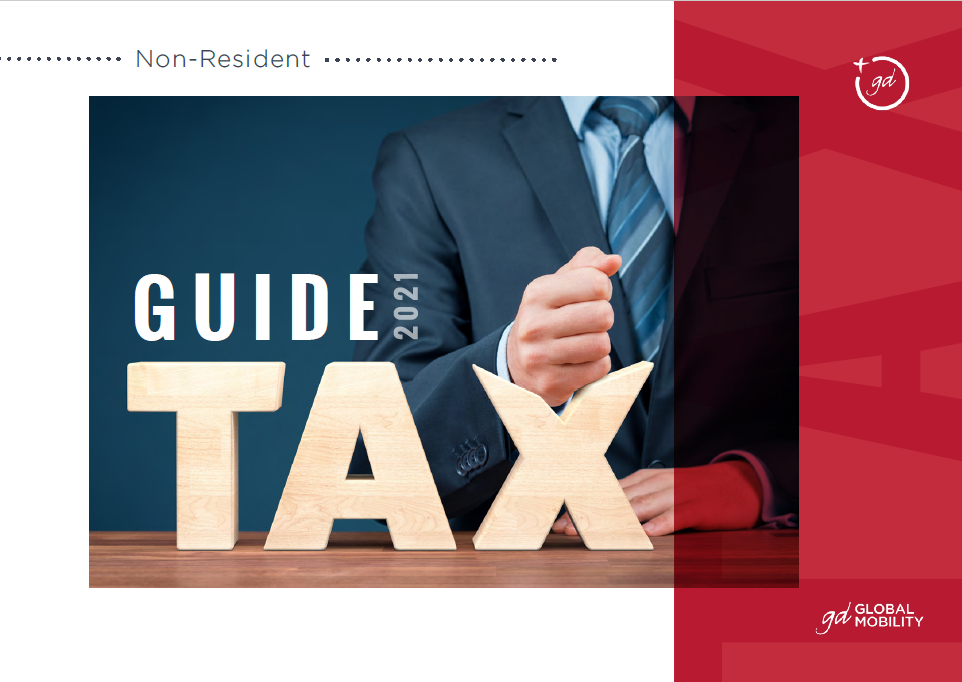
The Schengen visa allows a person to freely cross internal borders between 26 European countries for a short stay of up to 3 months without additional formalities.
Currently, the European countries that are part of the Schengen area are: Germany, Austria, Belgium, Denmark, Czech Republic, Liechtenstein, Estonia, Finland, France, Greece, Hungary, Italy, Latvia, Lithuania, Luxembourg, Malta, the Netherlands, Poland, Portugal, Slovakia, Slovenia, Spain, Sweden, Norway, Iceland and Switzerland. The United Kingdom and Ireland are not Schengen countries.
This is a visa that is in high demand and applications have not stopped growing in recent years. However, the European Commission has decided to revise the Schengen Visa Code to adapt it to the new challenges posed by migration and security.
As of February 2 of this year, all countries in the Schengen area will apply the new rules to visa application procedures thereby increasing the advantages of the visa.
Changes in the new revised Code
The main changes in the revised Code are the following:
Fees are going up
Applicants for a regular visa who previously paid €60 per application will now have to pay €80.
For their part, children over 6 years old who previously paid €35 will now pay €40. Children from 0 to 6 years old are still exempt from paying visa fees.
Countries that cooperate with the EU for the readmission of illegal immigrants can benefit from reduced rates, in addition to other trade-offs such as shorter processing periods for visas.
More time to submit applications
The period for submitting the application is being extended, from 3 to 6 months before the trip.
The deadline for submitting an application will not vary: it will still be 15 calendar days before the scheduled departure date for the trip to the Schengen area.
Electronic visa application
In most countries, visa processing is being eased by offering the possibility of filling out the forms electronically, as well as implementing electronic signatures to be recognized by the competent Member State.
Mandatory medical travel insurance
The new visa application form contains a declaration at the end that stipulates: “I am aware of the need to have adequate medical insurance from my first stay and for any subsequent visit to the territories of the Member States.”
Presence in third-party countries
Another innovation of the new Code is that it establishes the obligation for Member States to be present in all third-party countries through their embassies/consulates, be present in other Member States or to subcontract admission with a Schengen visa to a supplier of external services.
The aim of this is to help with visa applications and so that the citizens of some countries do not have to travel to a neighboring country to submit their application.
Travelers with a positive visa history
Those travelers who frequently visit the Schengen area and at the same time have a positive visa history, that is, who have legally used their previous visas in addition to having financial resources in their country of origin, will be able to apply for a multiple entry visa valid for up to 5 years. This change is intended primarily for a specific traveler profile: people traveling in order to practice their profession, such as businessmen, navigators, artists and athletes.





